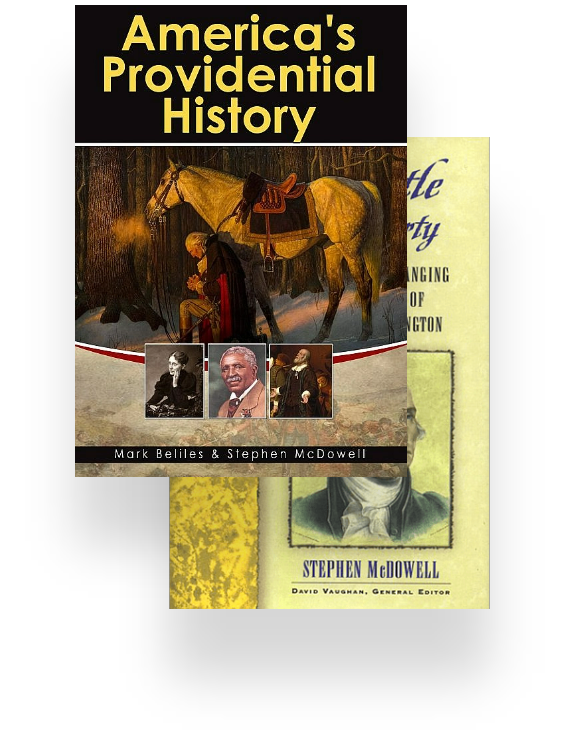PF UNIVERSITY


Politicians, activists, and even some pastors today are painting a picture of Jesus as a socialist revolutionary. They look at Jesus’ condemnation of greed and advocacy for charity, and conclude that the Bible supports socialism. A growing number of Christians today are embracing this ideology, while others simply fail to realize how socialism is creeping into almost every aspect of our daily lives. What does scripture actually say? Is the desire to own private property, to be productive, and increase your wealth wrong? Is socialism really the biblical model? The answer is no and here are four reasons why.
Proverbs 13:4 says, ”The soul of the sluggard craves and gets nothing, while the soul of the diligent is richly supplied.” The Bible is clear that the sluggard who squanders his time and resources receives nothing, but the diligent and productive are richly supplied. It teaches that when a person is productive he should profit.
Socialism, on the other hand, says that those who earn less should receive from those who earn more. However, the Bible teaches in 2 Thessalonians 3:10, “The one who is unwilling to work shall not eat.” This directly contradicts the teachings of socialism. Rather than redistributing wealth to the needy, the Bible teaches that those who are unwilling to work should not eat.
Whereas socialism teaches that a central state should control the economy and redistribute wealth, the Bible teaches that everyone should eat the fruit of their labor. Psalm 128:2 says, “You shall eat the fruit of the labor of your hands; you shall be blessed, and it shall be well with you.” The scripture tells us that when we toil diligently and create value for someone else, we should receive a profit in return.
The key distinction that separates socialism from other economic systems is forced redistribution of wealth through the government, something the Bible never advocates. In the Bible, charity is always voluntary, out of love and generosity, never under compulsion. That is because forced charity is not true charity.
In a socialist economy generosity is enforced. In a free market system, everything is done voluntarily, including caring for those in poverty. The Bible clearly supports the latter model. 2 Corinthians 9:7 says, “Each of you should give what you have decided in your heart to give, not reluctantly or under compulsion, for God loves a cheerful giver.” The Bible makes it clear that giving should be strictly voluntary, never under compulsion. Socialist redistribution is not the answer to poverty. The Bible says that each person should give “what he has decided in his heart to give” not what the government forces him to give. Why? Because God loves a cheerful giver.
According to the Bible, forced charity perverts justice. Leviticus 19:15 says, “Do not pervert justice; do not show partiality to the poor or favoritism to the great, but judge your neighbor fairly.” Showing partiality based on wealth is a perversion of justice. When the state takes from the rich and gives to the poor, it shows favoritism based on wealth. The Bible condemns this as unjust.

While the socialist system advocates the abolition of private property, the Bible supports the right to create wealth and own possessions. The eighth commandment says, “You shall not steal.” This commandment affirms the right to possess property. Without the right to own private property, stealing cannot exist. Forced government redistribution of the property of its citizens is theft. The tenth commandment also affirms private property, commanding: “You shall not covet your neighbor’s house … or anything that is your neighbor’s.”
What would Jesus say to today’s socialist activists, complaining about how unfair capitalism is? He might say something similar to what the landowner told the workers in the parable in Matthew 20 who were complaining about how they were getting paid less than their fellow workers. “I am not being unfair to you, friend. Didn’t you agree to work for a denarius? Take your pay and go. I want to give the one who was hired last the same as I gave you. Don’t I have the right to do what I want with my own money? Or are you envious because I am generous?” There are several things to learn from this passage. First, income inequality is not inherently unfair. The landowner said, “I am not being unfair to you, friend.” Just because he paid them less does not mean he was cheating them. Secondly, this passage supports honoring the contract. It says, “Didn’t you agree to work for a denarius?” Rather than complaining about how unequal this situation was, the parable affirms free enterprise, honoring the contract between the employer and the employee. Lastly, it clearly underlines the biblical right to private property. It says: “Don’t I have the right to do what I want with my own money?” The Bible makes it very clear that everyone has the right to own property.
Psalm 118:8 says, “It is better to take refuge in the Lord than to trust in man.” Socialist economies fail because they trust in man rather than in the Lord. When sinful men are given absolute power, they become corrupt. God warns the people about the dangers of absolute government control. 1 Samuel 8:17-18 says, “He will take the tenth of your flocks, and you shall be his slaves. And in that day you will cry out because of your king, whom you have chosen for yourselves, but the Lord will not answer you in that day.” Note that it says that he will “take the tenth of your flocks” and the people will “be his slaves.” Centralized governments take from their citizens and make them into slaves of the state. If God condemns the taking of a tenth of the flocks of the Israelites, imagine what he would think of a 50% or 70% tax rate. But the problem goes deeper than that. In verse 7, God says that in asking for a king the people have “rejected me from being king over them.” When the government has complete control over the economy, it holds power that should belong only to God. Socialism rejects God as the ultimate sovereign authority and attempts to replace him with powerful earthly authorities. As Paul and the other apostles said when they were on trial before the Sanhedran, “We must obey God rather than men.”
But what about the early church? Didn’t they create a socialist economy, sharing everything they had in common and giving to each according to their needs? Acts 2:44-45 says, “All the believers were together and had everything in common. They sold property and possessions to give to anyone who had need.” Many people have concluded from these passages that the Bible supports socialism. However, this claim is a misinformed, shallow, abusive interpretation of what the passage actually teaches. This passage is a beautiful example of generosity, love, and sacrifice among the believers, but it certainly does not advocate for a socialist economy.

First, it is important to note the extraordinary situation of the early church, which was caring for the thousands of new believers coming in from all over, who needed food and shelter. The passage is clearly a narrative account, not a prescriptive command. Even more importantly, however, is the biblical reality that the generosity seen in Acts is entirely voluntary charity. Nowhere is anyone forced to give up his possessions. Note how Peter rebukes Ananias for pretending to sell his home and to give the proceeds to the needy. Acts 5:4 says, “Didn’t it belong to you before it was sold? And after it was sold, wasn’t the money at your disposal? What made you think of doing such a thing? You have not lied just to human beings but to God.” Peter is making it clear that the problem wasn’t that he did not redistribute his wealth, but that he had lied about it. He affirms that he had every right to do whatever he wanted with his own property and the money he received from its sale. This passage endorses private property and sacrificial generosity, not socialism.
There is no reason to believe that the Bible endorses socialism. On the contrary, the four biblical principles we discussed showed why the Bible is incompatible with the socialist model. While socialism redistributes wealth to those who do not earn it, the Bible commends the diligent and rebukes the idle. Socialism believes that generosity must be enforced, while the Bible teaches that charity should be voluntary. Whereas socialism endorses the abolition of private property, the Bible supports private ownership. Socialism creates a powerful, centralized government, which the Bible condemns as a rejection of God as our king. While socialism brings slothfulness, poverty, inefficiency, dependency, coercion, and tyranny, biblical capitalism brings productivity, freedom, wealth-creation, and generosity.
—
Josiah Flynn, a homeschooled high school student from Charlottesville, interned with the Providence Foundation in the summer of 2023. This Providential Perspective is a paper he wrote as his intern project.
For more on a biblical view of socialism and many other economic issues see Stewarding the Earth.
PF UNIVERSITY
The courses offered by the Providence Foundation Biblical Worldview University (BWU) are designed to equip leaders of education, business, and politics to transform their culture for Christ, and to train all citizens how to disciple nations.
DONATE
Support Providence Foundation today! Choose Minuteman, Patriot, or Founder level and make a monthly impact. Or select ‘Custom’ to contribute now. Join us in shaping our nation’s future
